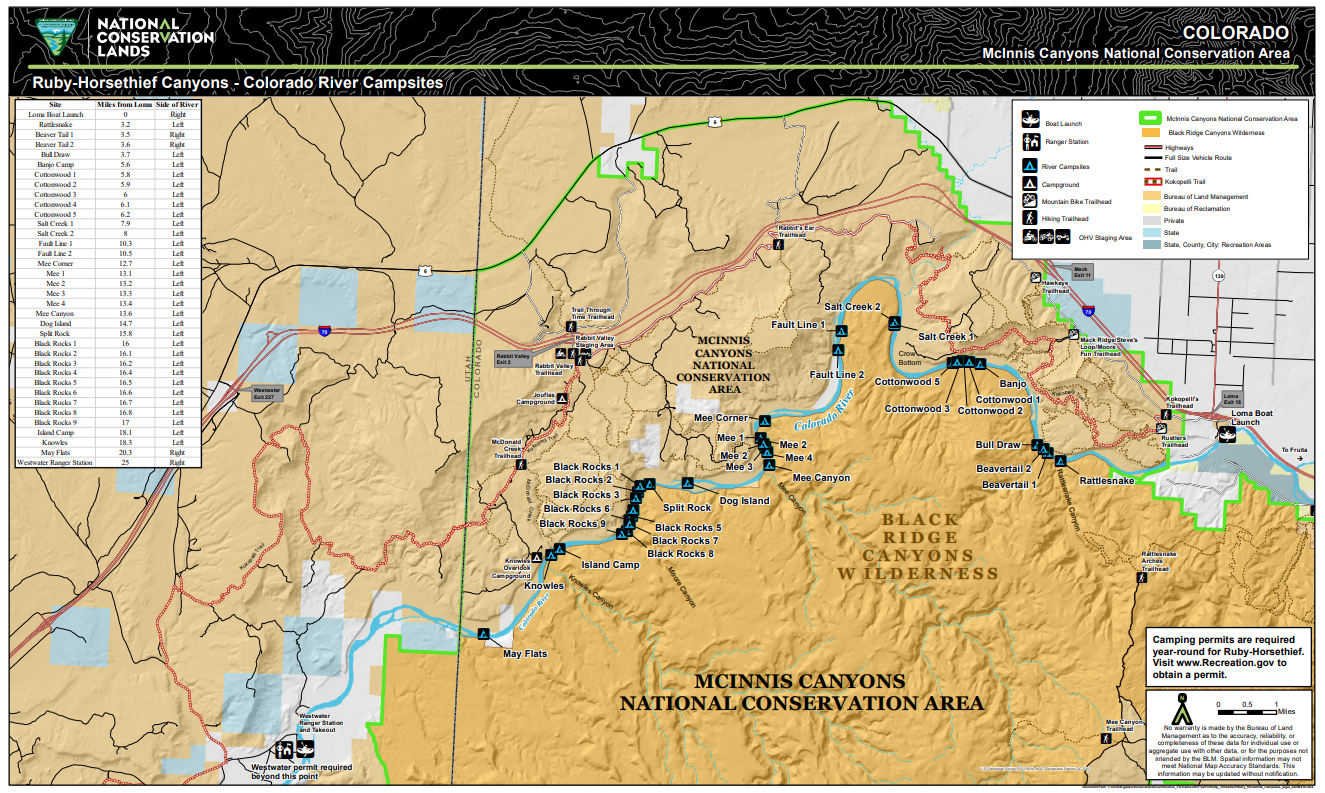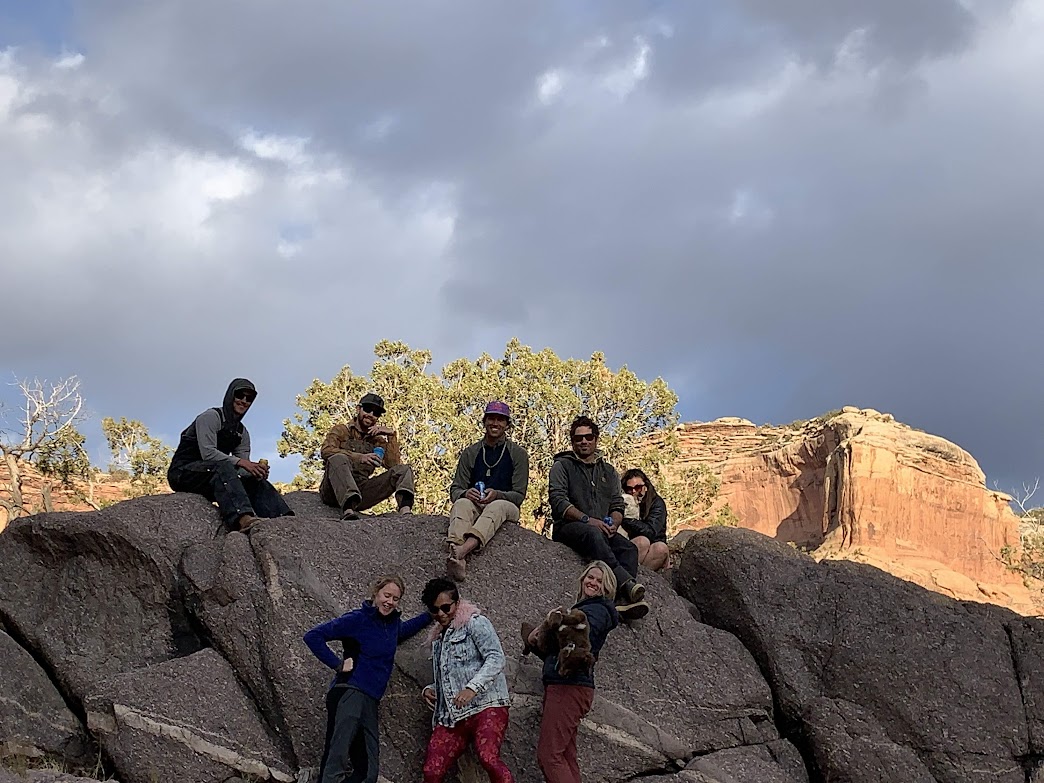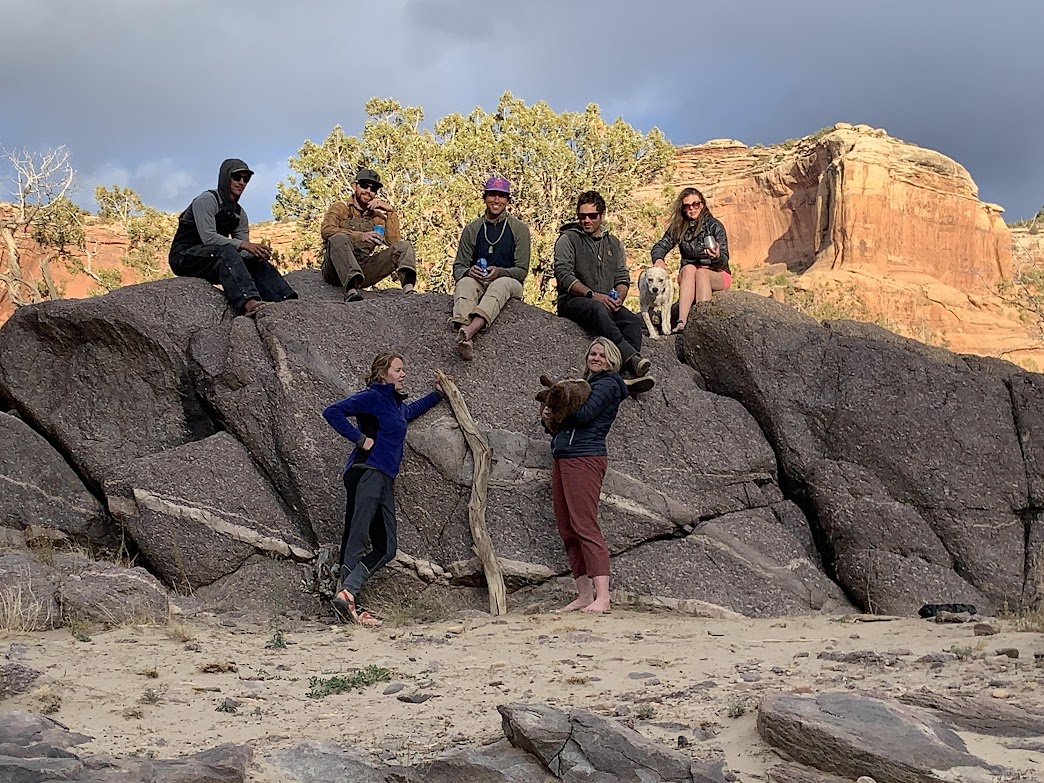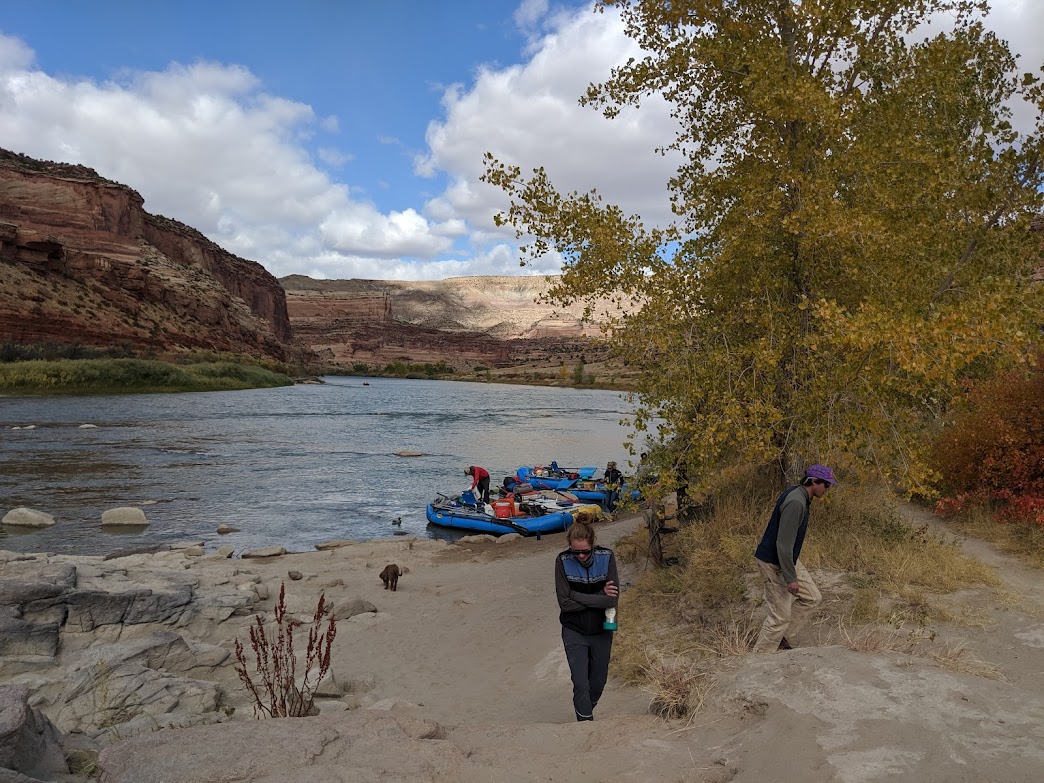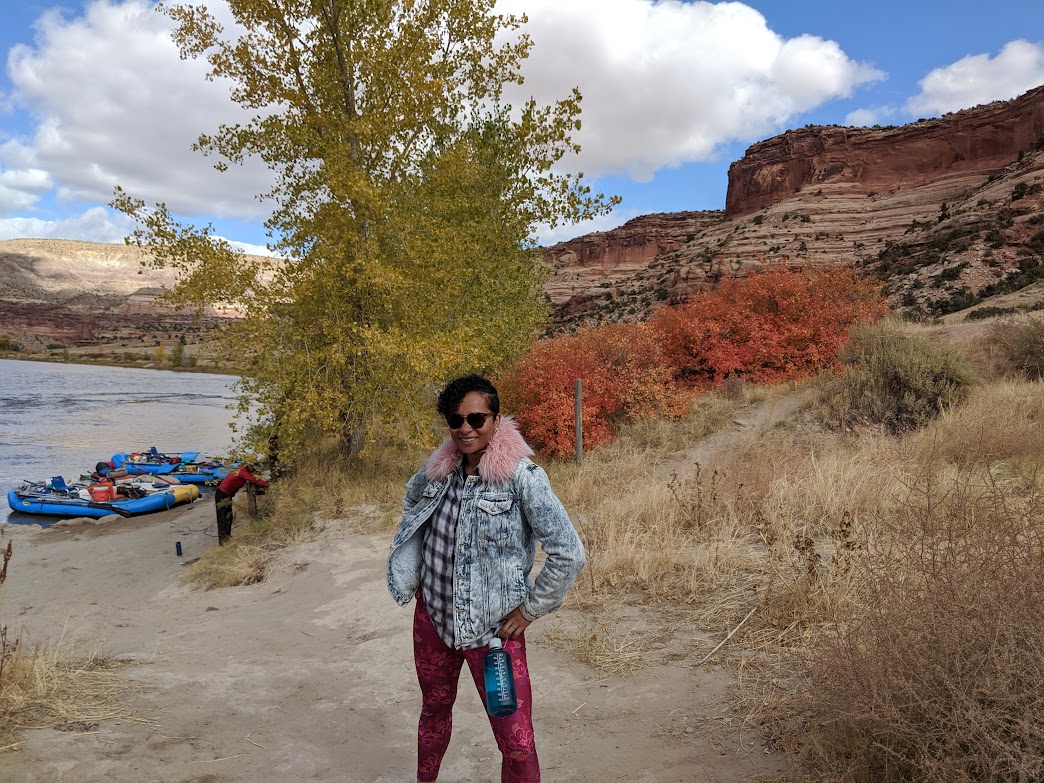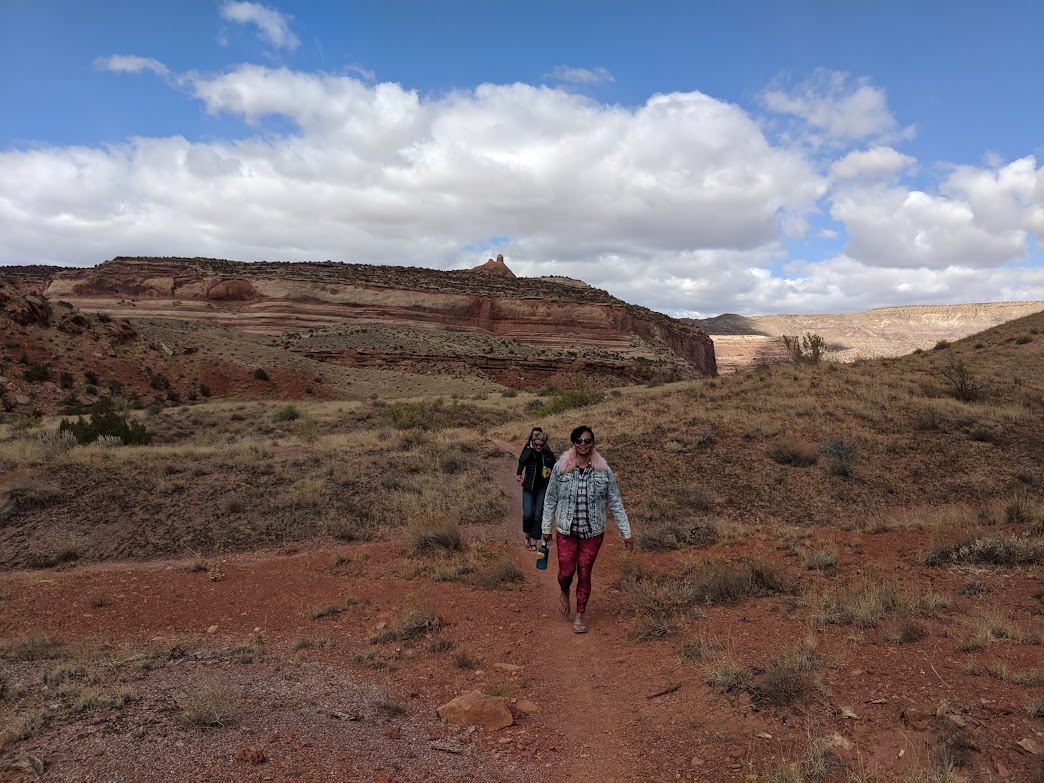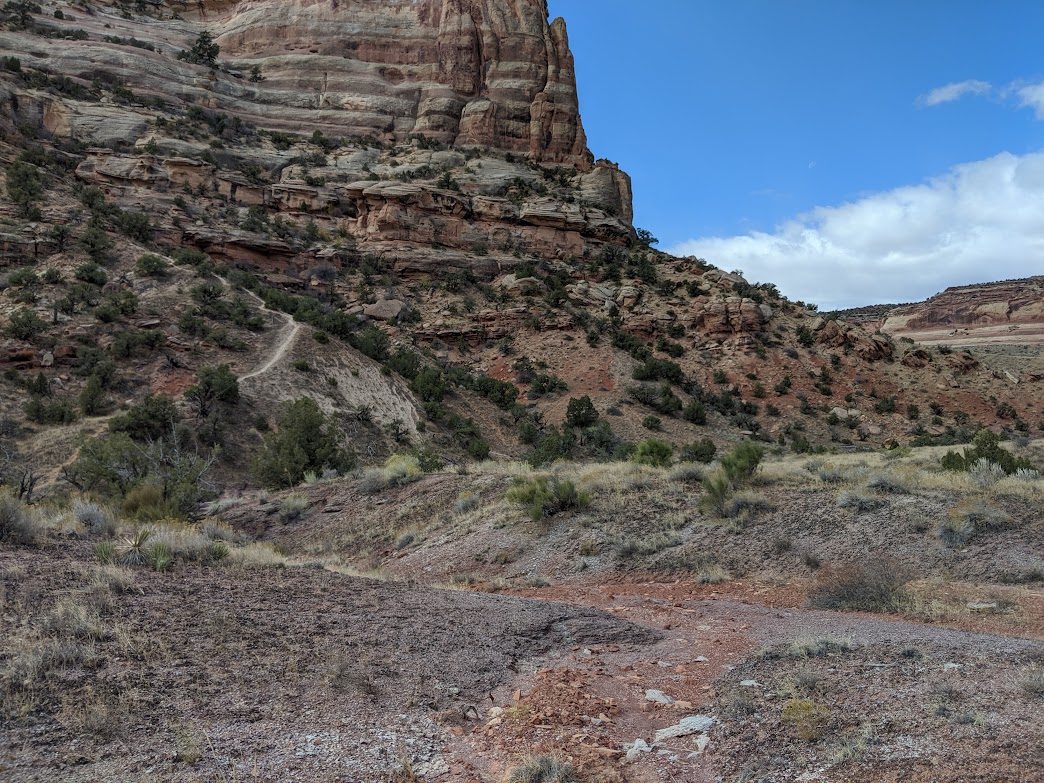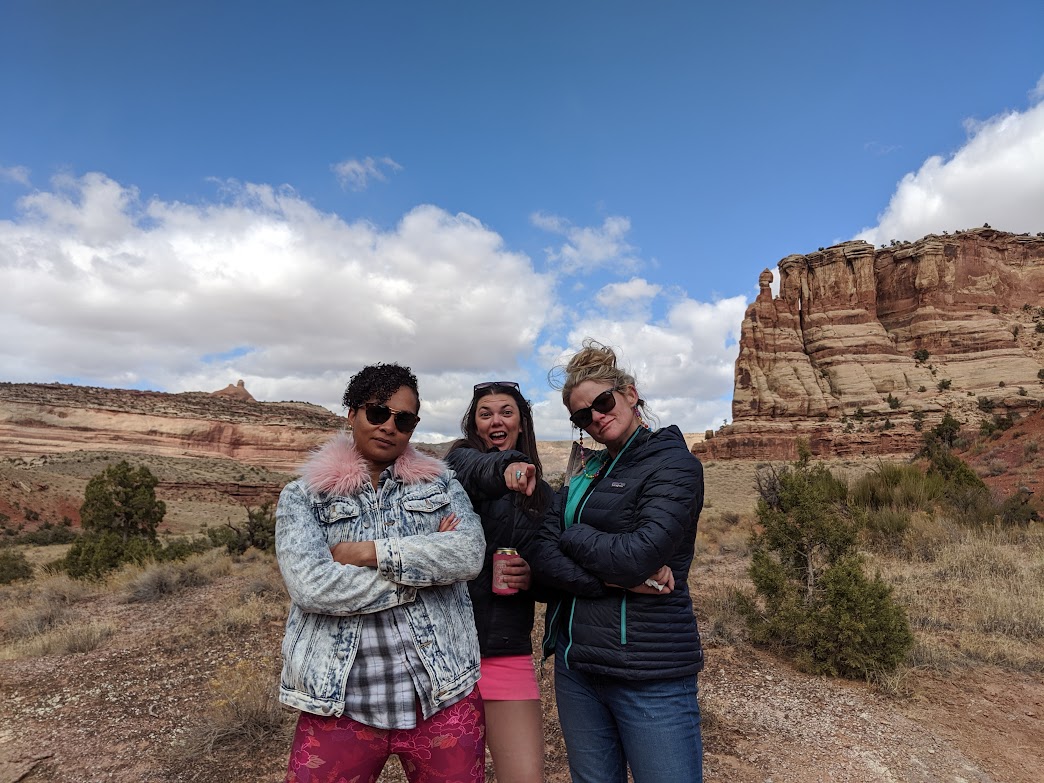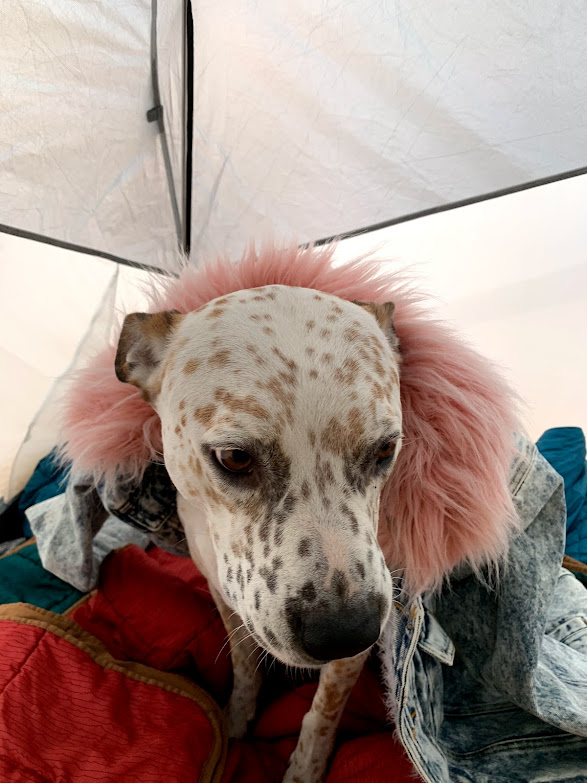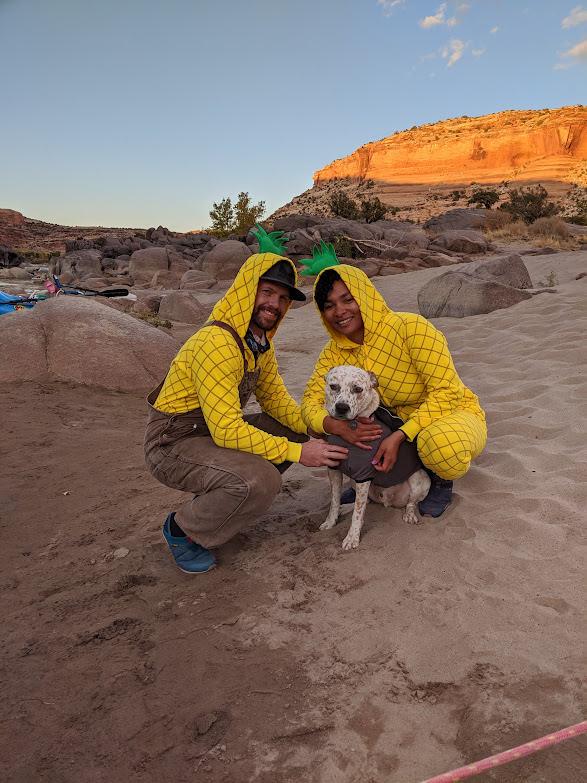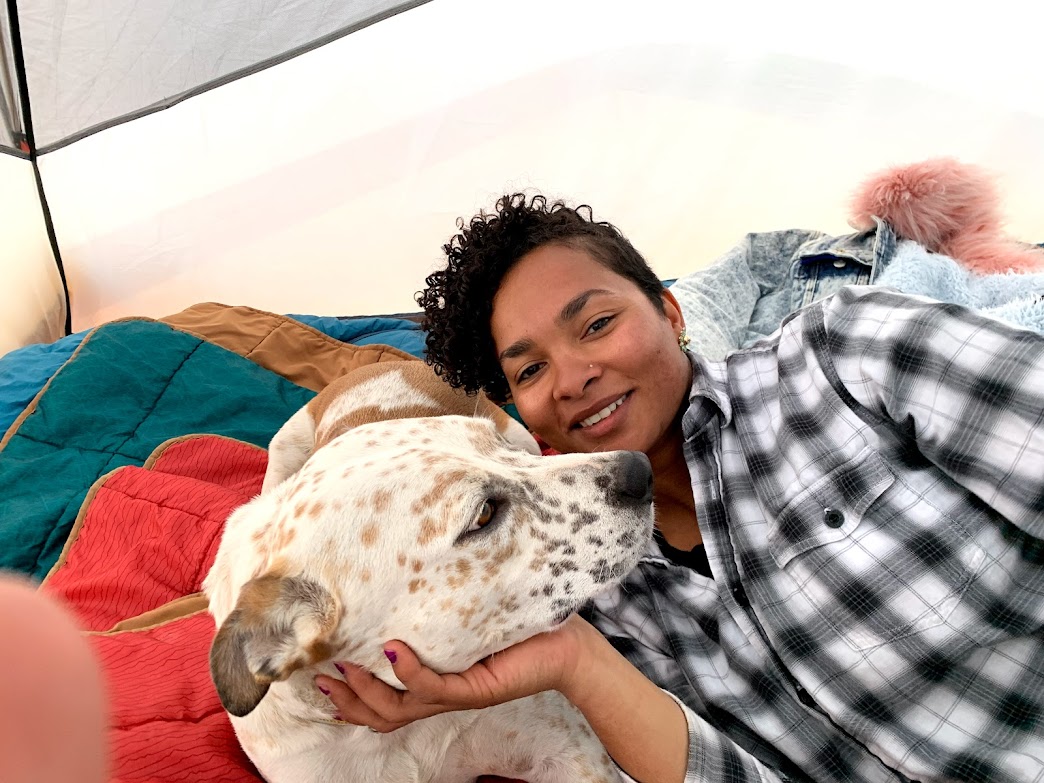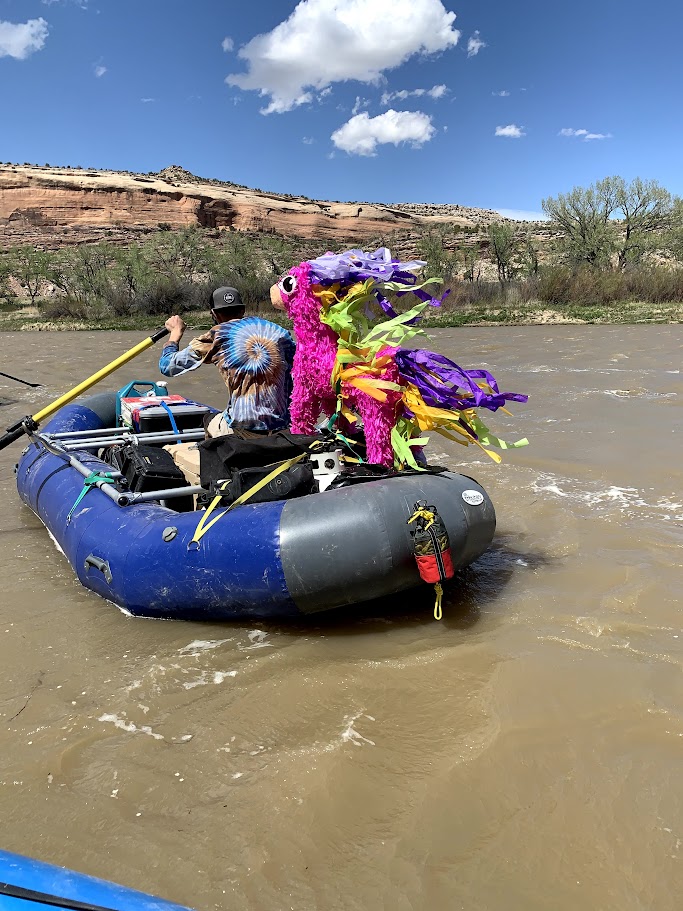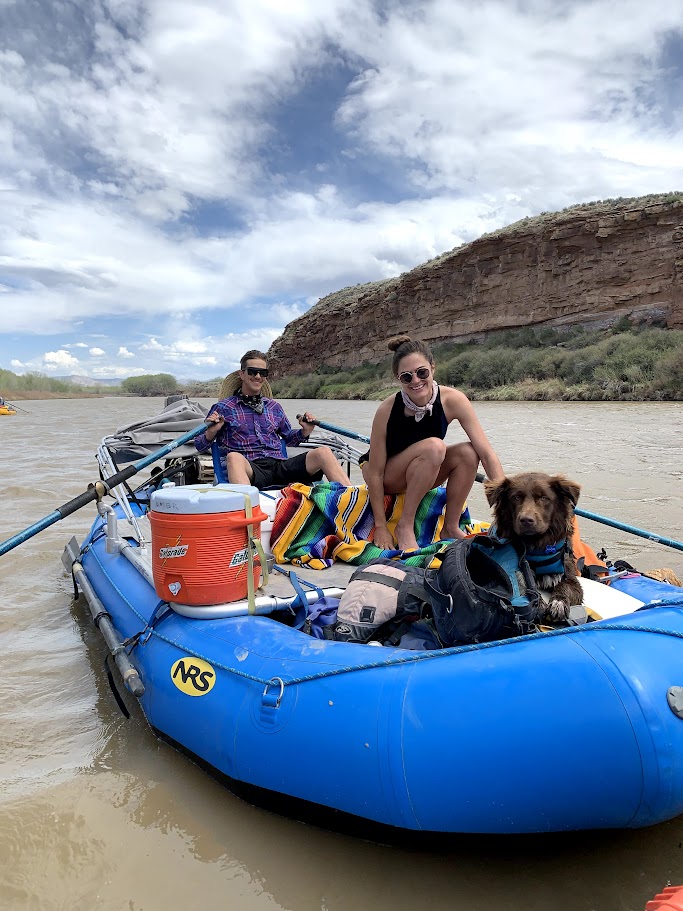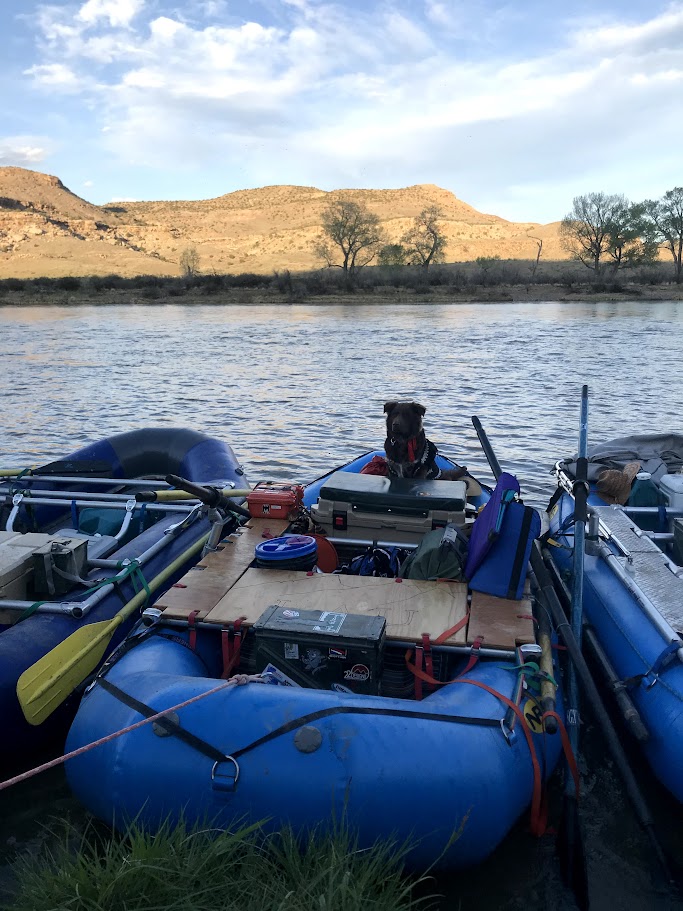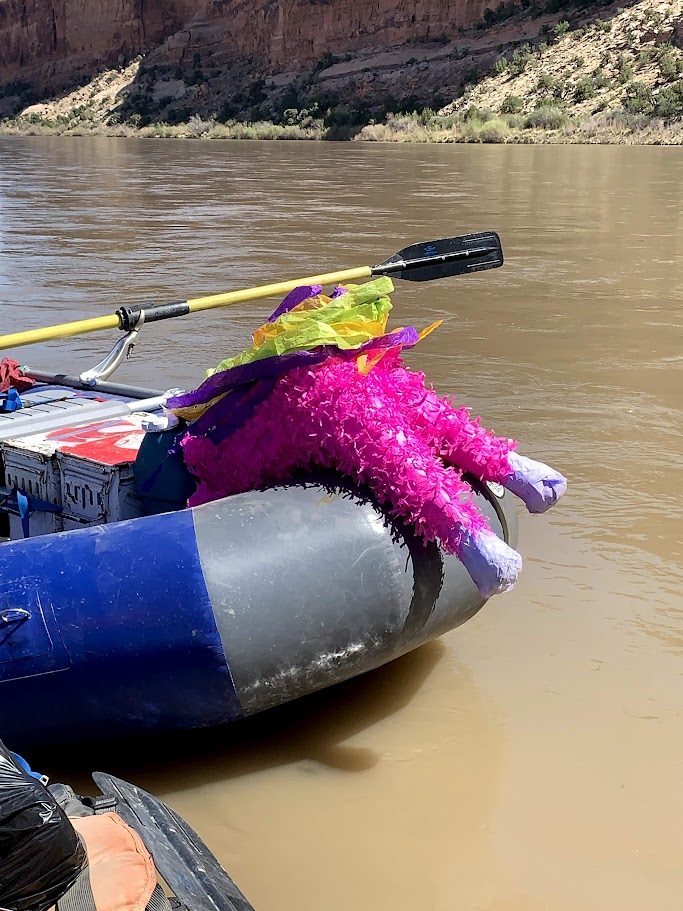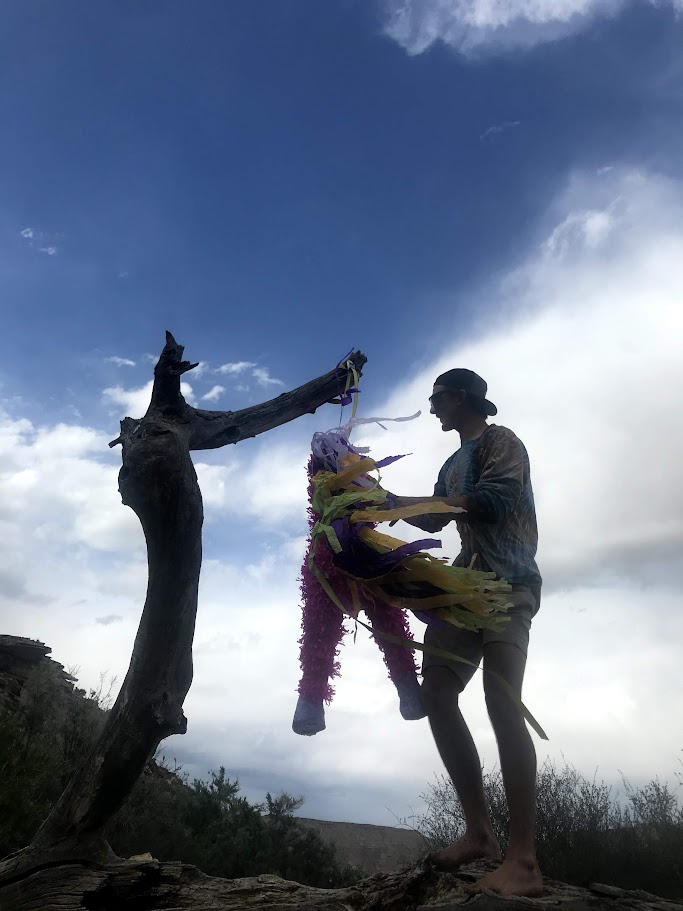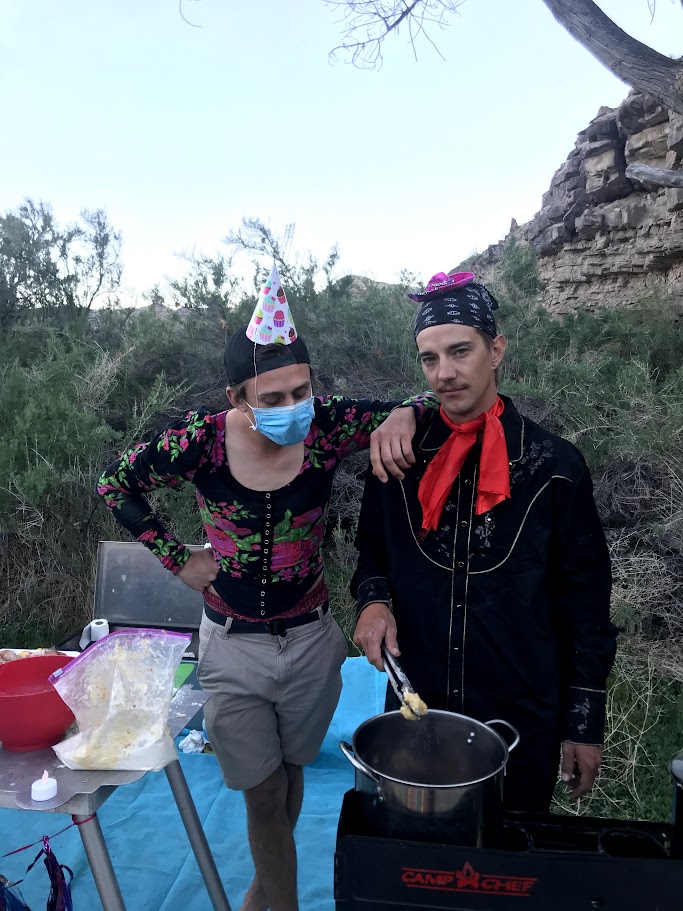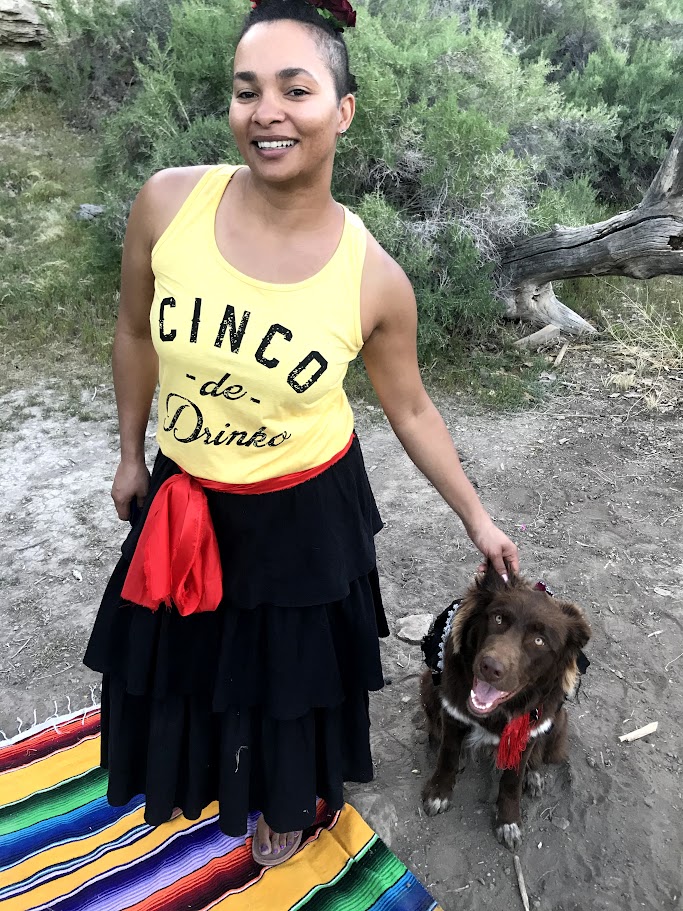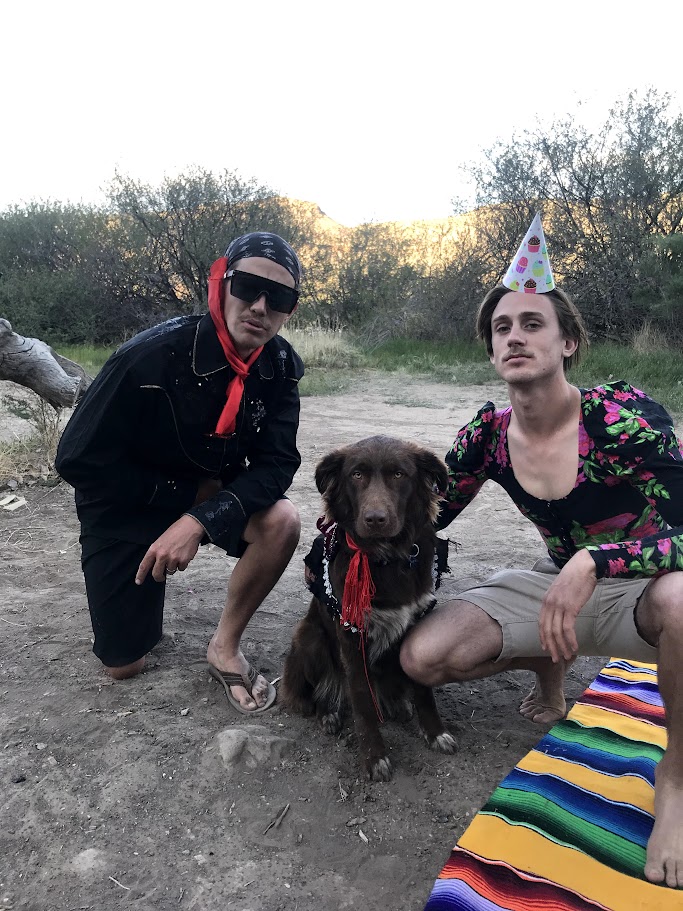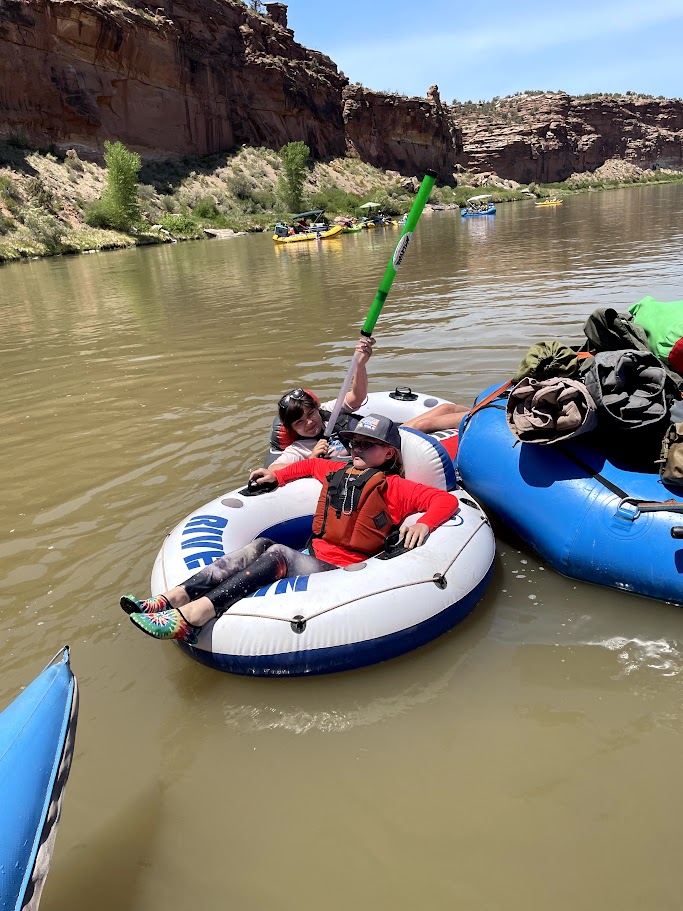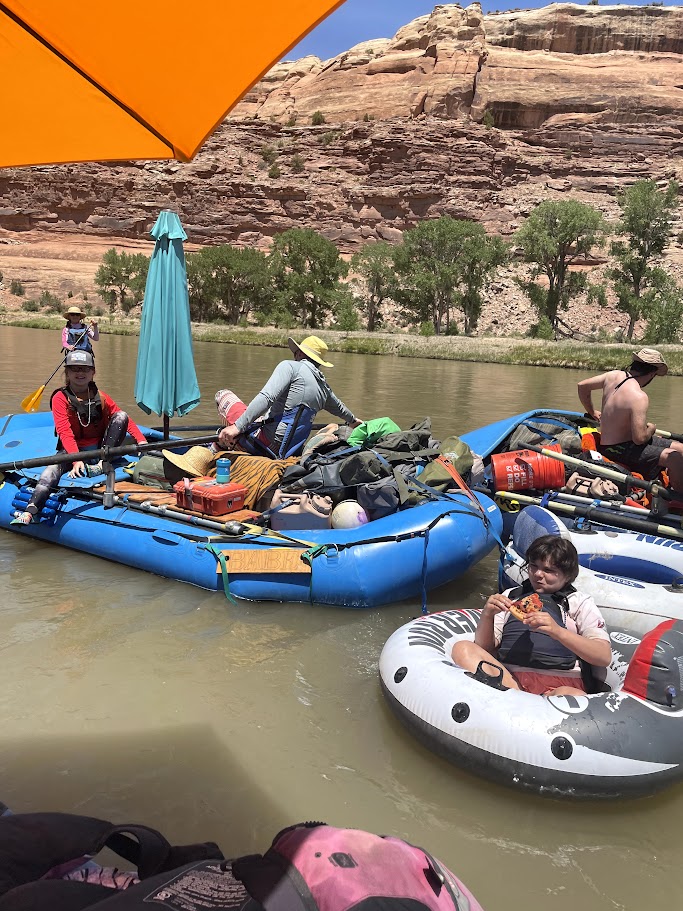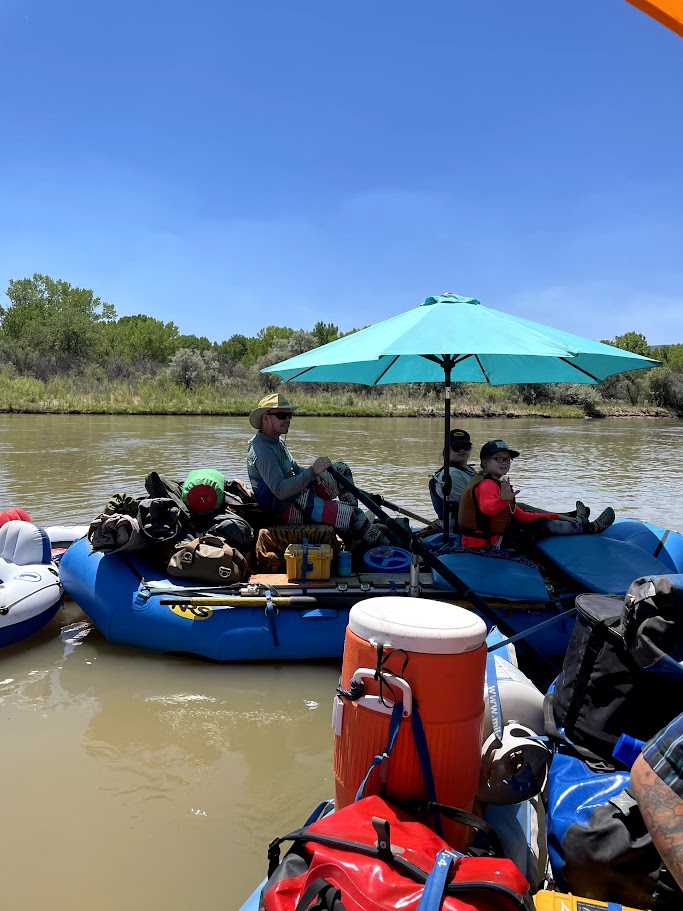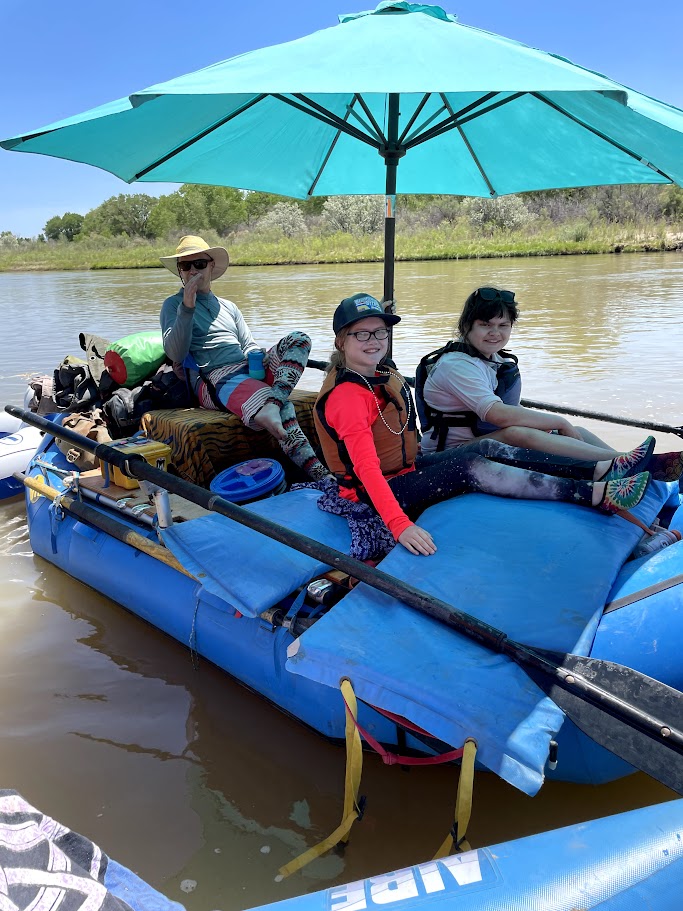Ruby Horsethief
A Relaxed Ride Through Ruby-Horsethief Canyon: Rafting Colorado's Scenic Gem
The Colorado River conjures images of adrenaline-pumping rapids and hair-raising whitewater. But there's another side to this mighty waterway, a side that offers stunning scenery, tranquil floating, and a chance to unwind amidst towering red rock canyons. This is the Ruby-Horsethief Canyon, a 25-mile stretch between Loma, Colorado, and Westwater, Utah, perfect for a relaxed rafting adventure.
Unlike the wild rapids of the Grand Canyon, Ruby-Horsethief is a mostly flat-water journey. This translates to a peaceful float, where you can soak in the breathtaking desert landscape. Picture yourself gliding down the river, crimson sandstone cliffs rising on either side, their textures sculpted by millions of years of wind and water. Keep your eyes peeled for petroglyphs, ancient messages etched by long-gone inhabitants.
The serenity is occasionally broken by splashy fun. The canyon throws in a few Class I and II rapids, just enough to get your heart racing a little and provide some splashy entertainment. But don't worry, these are suitable for rafters of all experience levels, making this a great choice for families or those new to the sport.
The journey typically takes 2-3 days, allowing ample time to stop and explore the wonders along the way. Hike through side canyons, marvel at hidden waterfalls, or simply relax on a sandy beach, soaking up the warm desert sun. At night, pitch your tent under a blanket of stars, a million miles away from the hustle and bustle of city life.
The calm waters of Ruby-Horsethief might lull you into a sense of carefree adventure, but permits are required. Plan ahead and secure yours through the Bureau of Land Management [Bureau of Land Management Ruby Horsethief Canyon Permits].
Several rafting companies offer guided trips along this scenic stretch. They take care of permits, logistics, and provide experienced guides to navigate the river and share their knowledge of the canyon's secrets. Alternatively, for experienced rafters, there's the option of self-guided trips.
The Ruby-Horsethief Canyon offers a unique rafting experience. It's a chance to trade the adrenaline rush for a scenic float, a chance to disconnect from the everyday and reconnect with nature's beauty. So, if you're looking for a relaxing adventure on one of America's most iconic rivers, look no further than this hidden gem of the Colorado.
Quick Facts
- Section Length: 25 miles
- Diffculty: I-II
- Typical Season: Late May-Mid August
- Typical Peak: Late May-Early June
- My ideal water flows: Above 2000 CFS at Colorado River Near Colorado-Utah State Line
Favorite Camps
- Black Rocks 4
- Knowles
- Cottonwood
- Banjo
- Mee Corner
A Historical Float: Unveiling the Past on the Colorado River's Ruby-Horsethief Canyon
The Ruby-Horsethief Canyon, a 25-mile stretch of the Colorado River winding between Loma, Colorado, and Westwater, Utah, isn't just a scenic escape; it's a journey through time. While the tranquil waters and crimson cliffs provide a sense of serenity, the canyon holds whispers of the past, waiting to be unraveled.
Evidence suggests that people have inhabited the Ruby-Horsethief Canyon for millennia. Look closely at the canyon walls, and you might spot petroglyphs, etched messages left behind by ancestral Puebloan people [1]. These intricate symbols offer a glimpse into their lives, beliefs, and connection to this land.
The canyon's name itself holds a piece of history, though its origins remain shrouded in some mystery. According to oral histories collected by the Mesa County Libraries [Mesa County Libraries, Ruby Horsethief Canyons, McInnis Canyons National Conservation Area], one story suggests the name comes from Heber Young, a Mormon "backslider" who resided there. Local lore claims he purchased horses stolen from fellow Mormons in Utah. Another account points to a more literal interpretation. Perhaps the canyon served as a natural hiding place for rustlers, a haven for stolen horses, thus earning the moniker "Horsethief."
The early 20th century saw the establishment of the Horsethief Canyon Ranch within the canyon [1]. Ranching likely continued for several decades before the area transitioned towards recreational use.
The designation of the McInnis Canyons National Conservation Area in 1991 played a pivotal role in protecting the canyon's natural and cultural heritage. Today, rafting companies offer guided tours, allowing visitors to experience the beauty of the canyon while respecting its delicate past.
While the readily available information paints a picture of the canyon's past, there's likely more to discover. Consider reaching out to the Bureau of Land Management or the Museum of Western Colorado for their insights on the canyon's archaeological finds or historical records. Additionally, local historical societies might hold valuable pieces of the puzzle.
By delving deeper, you can transform your rafting trip into a historical exploration, appreciating not just the scenic beauty of the Ruby-Horsethief Canyon, but also the stories etched within its walls and carried by its waters.
Sources
- [1]:Mesa County Libraries, Ruby Horsethief Canyons, McInnis Canyons National Conservation Area
- [2]:Museum of Western Colorado website
Geologic History of the Colorado River: Ruby-Horsethief
The 25-mile stretch of the Colorado River between Loma, Colorado and Westwater, Utah, carves through a landscape sculpted by millions of years of geologic drama. Here's a glimpse into its deep history.
The journey begins with the Precambrian basement rock exposed in areas like Black Rocks. This Vishnu schist, a metamorphic rock, formed a staggering 1.7 billion years ago [1]. It's the same ancient rock visible in the depths of the Grand Canyon, hinting at the vastness of this geologic story [1].
After the formation of the basement rock, millions of years of erosion flattened the landscape. Then, from roughly 600 million years ago to 250 million years ago, shallow seas repeatedly covered the area. Layers of sediment, including sandstone, limestone, and shale, accumulated on the ancient bedrock [3].
A major shift occurred around 250 million years ago. The seas receded, and a long period of erosion followed. This carved a vast gap in the geologic record, leaving a visible boundary known as the Great Unconformity. Westwater Canyon exposes this boundary, where the younger Mesozoic sedimentary rocks rest directly on the much older Precambrian basement rock [2].
Roughly 70 million years ago, tectonic forces began pushing up the Rocky Mountains. This dramatic event changed the course of the Colorado River, sending it carving its path through the uplifted landscape [3]. The Colorado River wasn't always in its current location. The exact timing of the river's capture of its current course is still being debated by geologists, but it likely occurred in the Pliocene epoch (between 5 million and 2.5 million years ago) [3].
Over millions of years, the relentless flow of the Colorado River has relentlessly carved the iconic red rock canyons that define this section. The river continues to erode and reshape the landscape, revealing the fascinating geologic tapestry beneath.
Sources
- [1]:Ruby-Horsethief Canyon - Grand Junction, Colorado https://mild2wildrafting.com/colorado-rafting/ruby-horsethief-canyon-colorado-river-rafting.html
- [2]:Westwater Canyon - Colorado Plateau River Guides https://www.westwaterbooks.com/product-category/river-guides/
- [3]:The Evolution of the Colorado Plateau and Colorado River | by Glen Canyon Institute | River Talk | Medium https://medium.com/river-talk/the-evolution-of-the-colorado-plateau-and-colorado-river-ac159791b73c
Trips Run: A whole lot of private trips
Ruby-Horsethief is a nice mellow float typically run as a three day trip. The mellow nature of the trip and the nice campsites make this section a favorite for many beginner rafters and a nice change of pace for seasoned ones as well.
Run this section in the late spring and summer months to enjoy the float to it's fullest with lots of swimming and ice.
October 2019
During the dall of 2019 we took a halloween themed trip down with Lange, Wade, Alia, Zack, Mer, Amanda Clark, and Jax. Cooler weather for this trip made for some nice hikes and we went a ways up Mee Canyon on this trip.
Flows were around 3000 CFS and we camped at Black Rock 5 and Cottonwood
May 2020
We ran this section in early May for Amanda's birthday. The crew consisted of Hannah, Elliot, Wade, Pancho and me for this birthday celebration. Temps were on the cooler end for this trip, but that did not dampen our spirits at all.
Elliot rowed a pinata down that Wade and Hannah had picked up as a suprise for Amanda. The pinata was wrapped in a trash bag and was blowing in the wind something fierce, so we eventually took it if and it flapped in the wind unhindered. That evening we had a Cinco de Mayo celebration for Amanda's birthday.
We camped at Fault Line 1 and Black Rocks 3 for this trip.
June 2021
During the summer of June 2021 I took a trip with Amanda, Taylor, our Mom Kathleen, Jenn, and our nieces Rylen and KK. This trip was the first mutli-day trip we had taken our nieces on and it was a great expirence for them. Both of them got on the paddle board with our Mom and spent plenty of time swimming.
Temps were hot and water levels were around 5000 CFS, and we camped at Cottonwood 1 and Black Rocks 7.
Current Flow at Colorado River Near Colorado-Utah State Line
River Map
